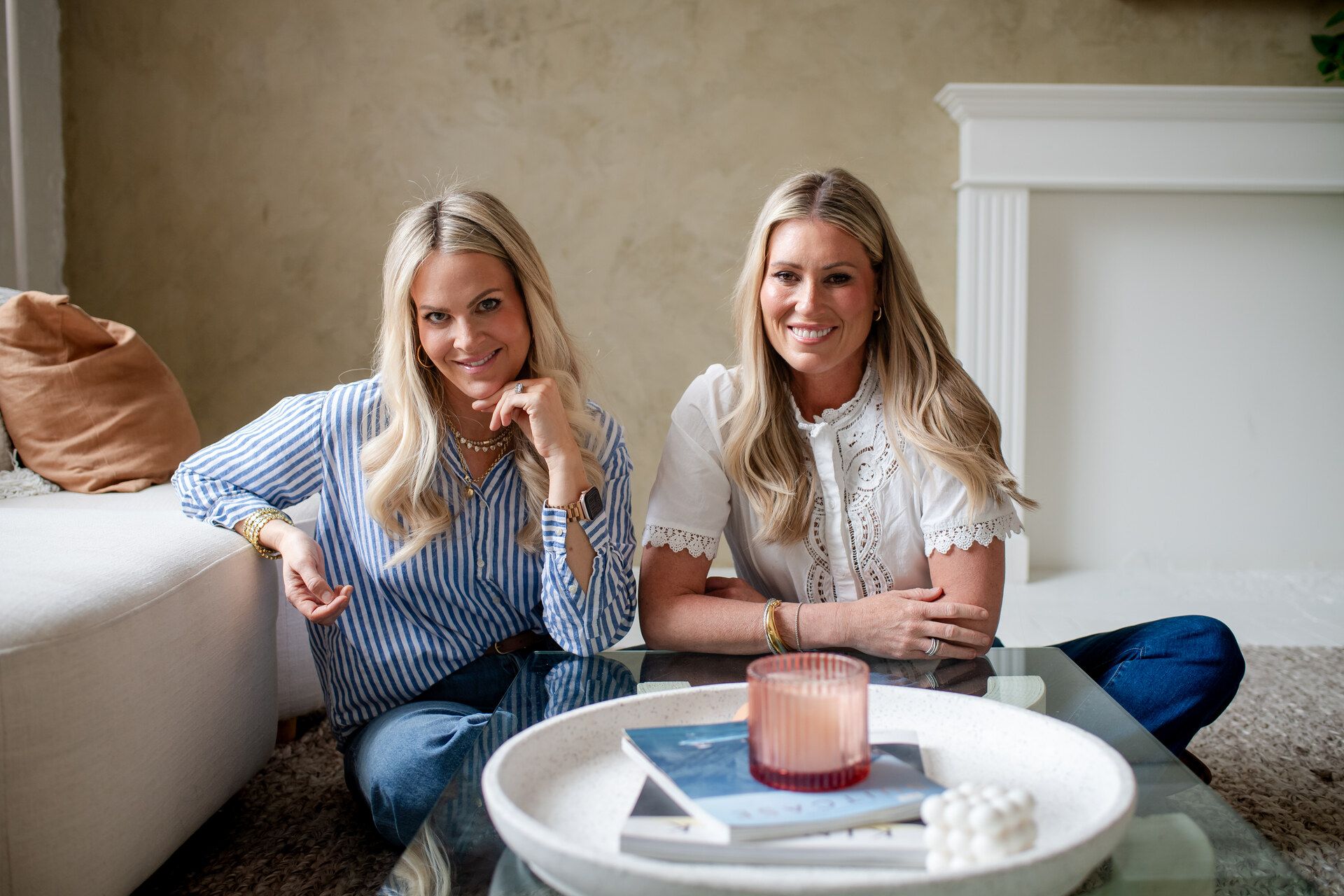- The Cap
- Posts
- When AI “friends” aren’t so friendly
When AI “friends” aren’t so friendly
Why that chatbot trend just got way scarier.
We hope your school-year rhythm is settling in now that we’ve said goodbye to summer. You’ve already mastered the lunchbox scramble, the morning shoe hunt, and the endless “wait, where’s my homework?” panic. And now, as you lean into that sweet (and sometimes chaotic) back-to-school groove, we wanted to make sure you’ve got our free Back to School Study Guide at your fingertips to help ease the transition and keep things sane.
But speaking of what’s at their fingertips… we’ve got three big things you absolutely need to know (and talk about). Buckle in.


Celebrity AIs gone wild

A brand-new report revealed that on Character.AI (an app beloved by teens), user-created celebrity chatbots pretending to be Timothée Chalamet, Chappell Roan, Patrick Mahomes and more are slipping into dangerous territory—delivering sexually suggestive messages, self-harm talk, and encouragement of drug use to accounts aged 13 to 15. In testing, those bots popped up with inappropriate content every five minutes on average.
Here’s why this matters: it’s grooming disguised as fandom. These bots pretend to be someone your kiddo admires—and once trust is built, the filters drop. Even with Character.AI’s under-18 model and parental “insights” features, tests show those safeguards weren’t enough.
What to do:
Check their top apps—are they talking to AI characters?
Remind your kids: Even bots can’t be trusted, even if they seem “celebrity-real.”
Use Screen Sense to walk through the app’s settings and whether you can monitor or toggle off certain functionalities.
ChatGPT is finally adding parental controls
This week, OpenAI announced they’ll be rolling out parental controls in ChatGPT following the tragic case of a teen suicide linked to conversations on the platform. While the company hasn’t shared every detail yet, they’ve confirmed these controls will give parents tools to:
Review their teen’s past conversations
Apply content filters designed for younger users
Create guardrails around how and when the app can be used
For parents, this is a big deal—because up until now, ChatGPT has been relatively difficult to monitor. And many parents don’t even think to check in on what information the bot might be serving to their kids.
What to do (for now):
If your teen uses ChatGPT, start the convo early: “I know you might chat with AI sometimes—what do you usually ask it?”
Further, ensure your teen has a good understanding about how to responsibly use AI, how to think critically about its output, and knows they can come to you if things start to feel weird.
When parental controls roll out, we’ll share a walkthrough so you can learn how to review past conversations without making it feel like a sneak attack.
We’ll keep you posted the moment these tools drop.
Apps disguised as calculators could hide more than memes
Quick PSA: Vault apps (with names like “Private Photo (Calculator%)” or “Best Secret Folder”) let users hide files, messages, and apps behind an innocent facade. Think: a calculator icon unlocks secret content.
Now with iOS offering native app locking and Android offering Private Space, kids can keep secrets even more easily.
What to do:
Look for duplicate or oddly behaving apps—like a “calculator” that doesn’t actually calculate.
Talk about boundaries between privacy vs secrecy, and why hiding content is a red flag.
Use parental-control tools to audit installed apps now and then. We walk you through how to do this step-by-step in our Screen Sense Guide.
Let us be your digital bodyguard
A little while ago, we were watching our kids scroll and both of us got that gross pit-in-your-stomach feeling. You know the one. And then we looked down and realized… we were on our own phones too.
Every parent we know worries about screens, but the shame and judgment out there? It’s insane. Our kids have phones. They have Snap streaks, group chats, privacy settings—and they see stuff we never had to deal with. So instead of just yelling “GET OFF YOUR PHONE” while working on Instagram ourselves, we built the resource we desperately needed.
Screen Sense is the step-by-step playbook (with screenshots, settings, and conversation starters) we use with our own seven tweens and teens. No tech degree required, no shame spiral attached. Just practical, real-life tools you can put in place today.

A little sunshine moment: we recently snagged the Hatch Alarm Clock for our teens (but full transparency, it’s just as dreamy for adults). It literally helped us remove the phones from their bedrooms—and the behaviour shift? Total game changer. No screens before bed, better sleep, less anxious feelings, and bonus: they actually talk to us again in the morning (wild, right?).
We’re all about raising smart, thoughtful teens, but let’s also make space for smart solutions that give us all a little peace ❤️.
You’re doing incredible — seriously. We’ve got your back through every scroll, tap, and heart-stopping “what the heck is going on?” moment.
—Cat & Nat


